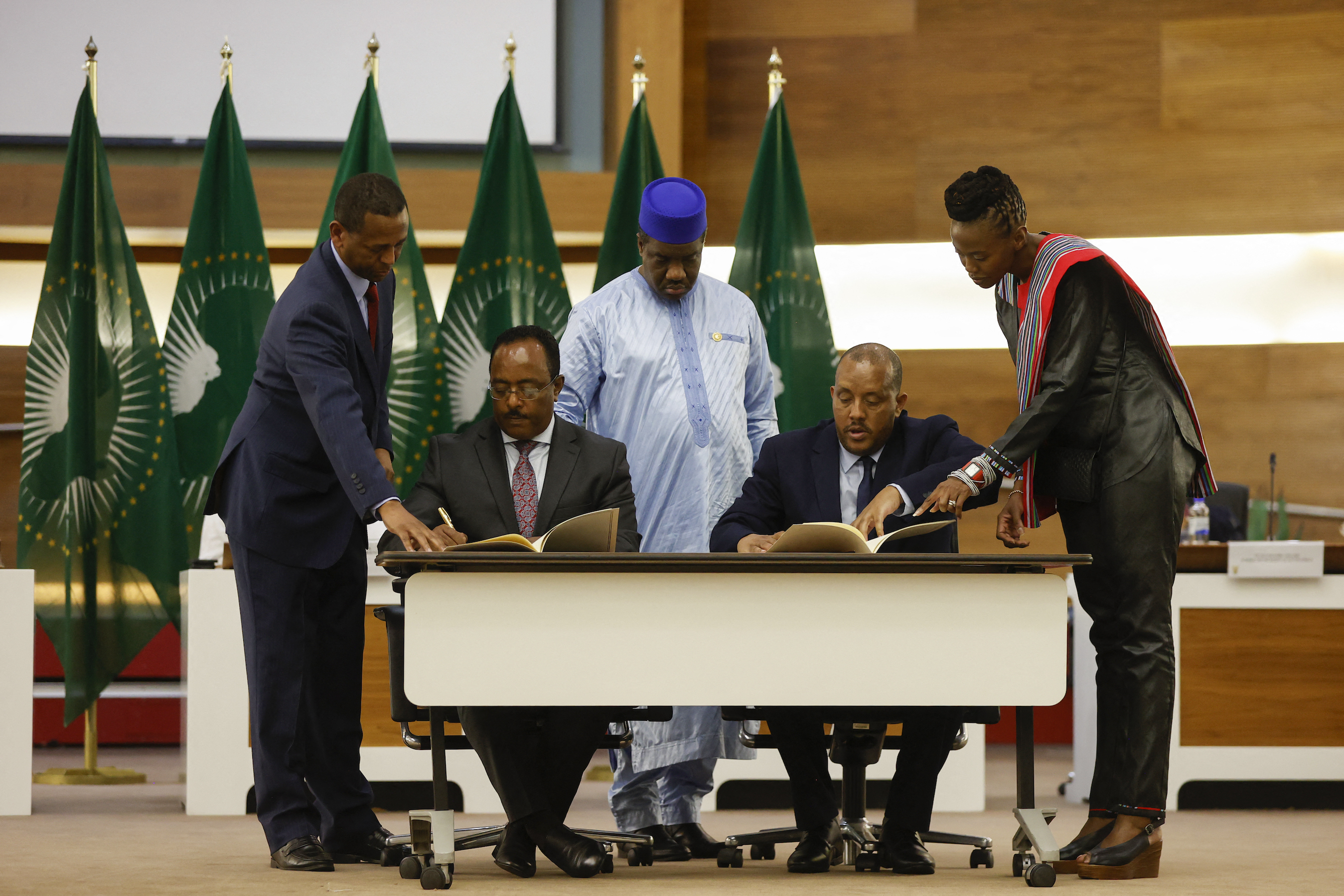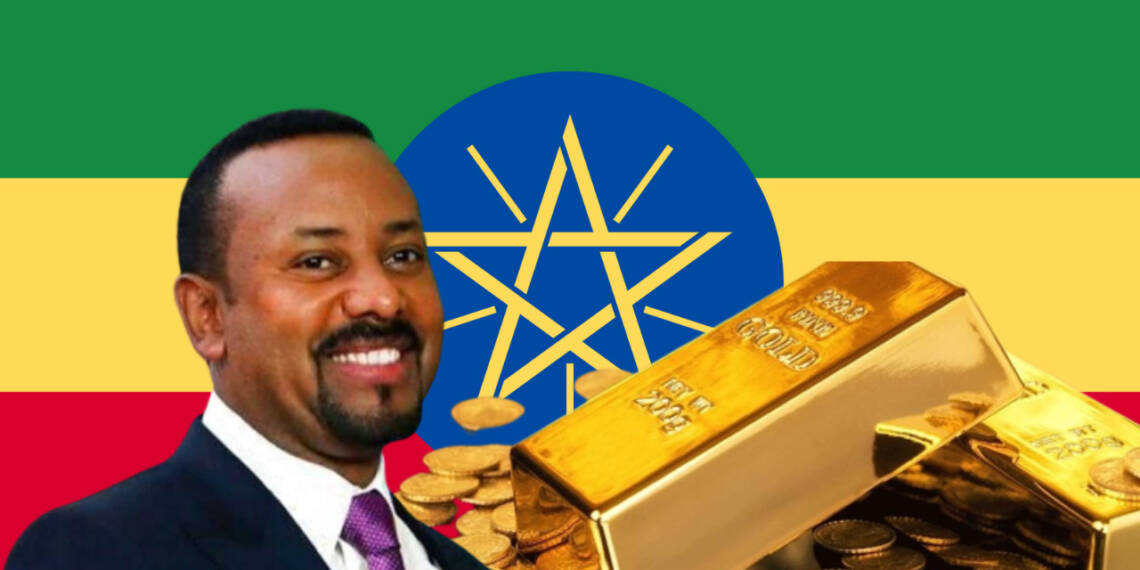A gold-explorer company known as Akobo Minerals, which is based in Norway, is about to start the production of the first new gold mine of Ethiopia since 1994. Production will start in Segele, a region in southwest Ethiopia, from next year. The CEO of the company, Jorgen Evjen stated it is “a major milestone for the Ethiopian mining industry.”
Akobo Minerals has been present in the East African nation since 2010, conducting exploration. According to it, there has been no modern mining in Ethiopia.
The money earned from the production will be employed for future exploration projects. Ethiopia has shown an interest in inviting foreign corporations to begin projects of exploration for its mineral wealth which includes gold, potash etc.
Gold has a central place in the mining industry of Ethiopia, in fact, it earned around USD 560 million through gold exports. The government is providing tax incentives as part of its plan to increase the participation of the nation’s mining industry to the GDP which is 3% but is projected to grow by 10%.
Now, for a very long period, Ethiopia has been embroiled in a civil war with the Tigray People’s Liberation Front(TPLF). TPLF began its atrocities by attacking the government’s military bases and capturing control of its resources. In two years, it has inflicted widespread trauma on the country. TPLF murdered countless civilians, raped women and cut off access to the Tigray region from the rest of Ethiopia. The terrorist organisation, funded by the West, launched a coordinated attack against the regime of Prime Minister Abiy Ahmed who took action against its unconstitutional action.

Any attempt by Prime Minister Abiy Ahmed’s regime to find a peaceful solution to the conflict was thwarted by the terror organisation which was adamant about seceding the disputed region. It received huge backing from the US and Europe which supplied it with arms, ammunition and food supplies in the name of the UN’s humanitarian aid.
Read more: Sudan drives Biden nuts over the Russian naval base deal
In the meantime, there were multiple attempts by other African nations to find a permanent solution to the crisis which has obstructed the progress of Ethiopia. There were peace talks organised by the African union between the federal government and TPLF but they got postponed.
Finally, there was a peace talk in South Africa which went successful. Following this, the Ethiopian government and the TPLF signed a peace agreement. According to the Associated Press, which has access to a copy of the deal, both parties have agreed to a complete cessation of hostilities and TPLF has accepted disarmament as well as withdrawing its control from the federal government’s facilities and military installations in the Tigray region.

In fact, Prime Minister Abiy Ahmed expressed that the TPLF has accepted his demands and he is satisfied with the terms and conditions of the agreement.
Economy’s revival
Now, the economy of Ethiopia has suffered massively due to the Tigray conflict. The nation has witnessed skyrocketing inflation, foreign exchange restrictions and rising debt distress as the government was compelled to dedicate its time, resources and money to the war. In fact, it spent an additional USD 1.7 billion on defence.
Considered once one of the fastest-growing economies of Africa whose GDP grew at 11% in the past decade, the war has led to significant financial losses. The International Monetary Fund stated this year that growth declined to 3.8% for 2021-2022.
Read more: Egypt invites Arab Gulf nations to kick IMF out of Africa and fill the void
However, in the wake of the peace agreement between the Ethiopian government and the TPLF and the initiative by the Akobo Minerals to produce gold from the nation’s first new gold mine of the century, one thing is certain and that is the economy of the country is going to grow, now that the war is over.
One of the conditions of the agreement is the reintegration of TPLF fighters into the country which means that the government is going to give them employment and they will contribute their fair share in the country’s progress. Hence, with the improvement of security and the arrival of political stability the African country’s economic and financial condition is going to revive soon.
https://www.youtube.com/watch?v=HsQdPnvBr5M








